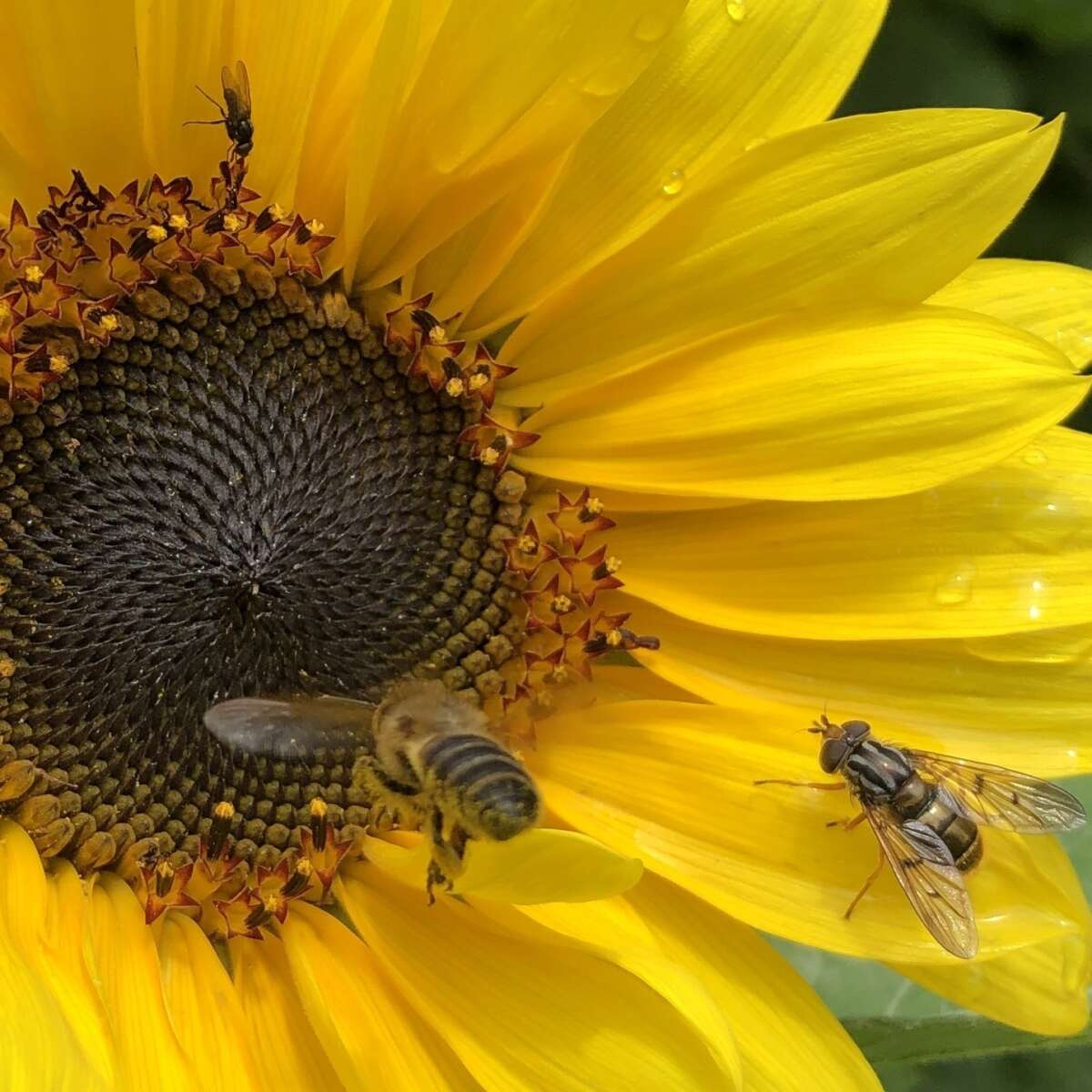Insect Decline - and why it matters
A new report, Insect Declines and Why They Matter, commissioned by a group of Wildlife Trusts has revealed conclusively that drastic declines in insect numbers will have far-reaching consequences for wildlife and people. It highlights effects on insect-eating birds, bats, and fish, and also the cost to society in terms of the millions in lost revenue and broken ecosystems.

Prof Dave Goulson, author of the report, says:
“Insects perform vital roles on the planet such as pollination, seed dispersal and nutrient cycling. They are also food for numerous larger animals, including birds, bats, fish, amphibians and lizards. If we don’t stop the decline of our insects there will be profound consequences for all life on earth.”
He goes on to say
“And it’s not just our wild bees and pollinators that are declining – these trends are mirrored across a great many of other invertebrate species … the main causes of decline include habitat loss and fragmentation, and the overuse of pesticides. Wild insects are routinely exposed to complex cocktails of toxins which can cause either death or disorientation and weakened immune and digestive systems.”
“And it’s not just our wild bees and pollinators that are declining – these trends are mirrored across a great many of other invertebrate species … the main causes of decline include habitat loss and fragmentation, and the overuse of pesticides. Wild insects are routinely exposed to complex cocktails of toxins which can cause either death or disorientation and weakened immune and digestive systems.”
In a sobering warning the report concludes: “The consequences are clear; if insect declines are not halted, terrestrial and freshwater ecosystems will collapse, with profound consequences for human wellbeing.”
How can you help insects?
Organic gardening helps all wildlife. Insects are an integral part of a healthy ecosystem, so anything you can do to support them is important.
- Leave some areas relaxed – some long grass, shrub clippings and flowering weeds provide food, habitat and shelter for insects.
- Insects can act as predators on pests such as aphids. So it’s important not to spray. Not only are you providing food for other insects, but you also avoid the disaster of ‘off-target’ killing.
- You may think your garden, allotment or balcony is a small space, but imagine if we all gardened with wildlife in mind. Bees, butterflies, beetles and other insect varieties will be protected for future generations.
- See here for how to attract some beneficial insects in the garden.